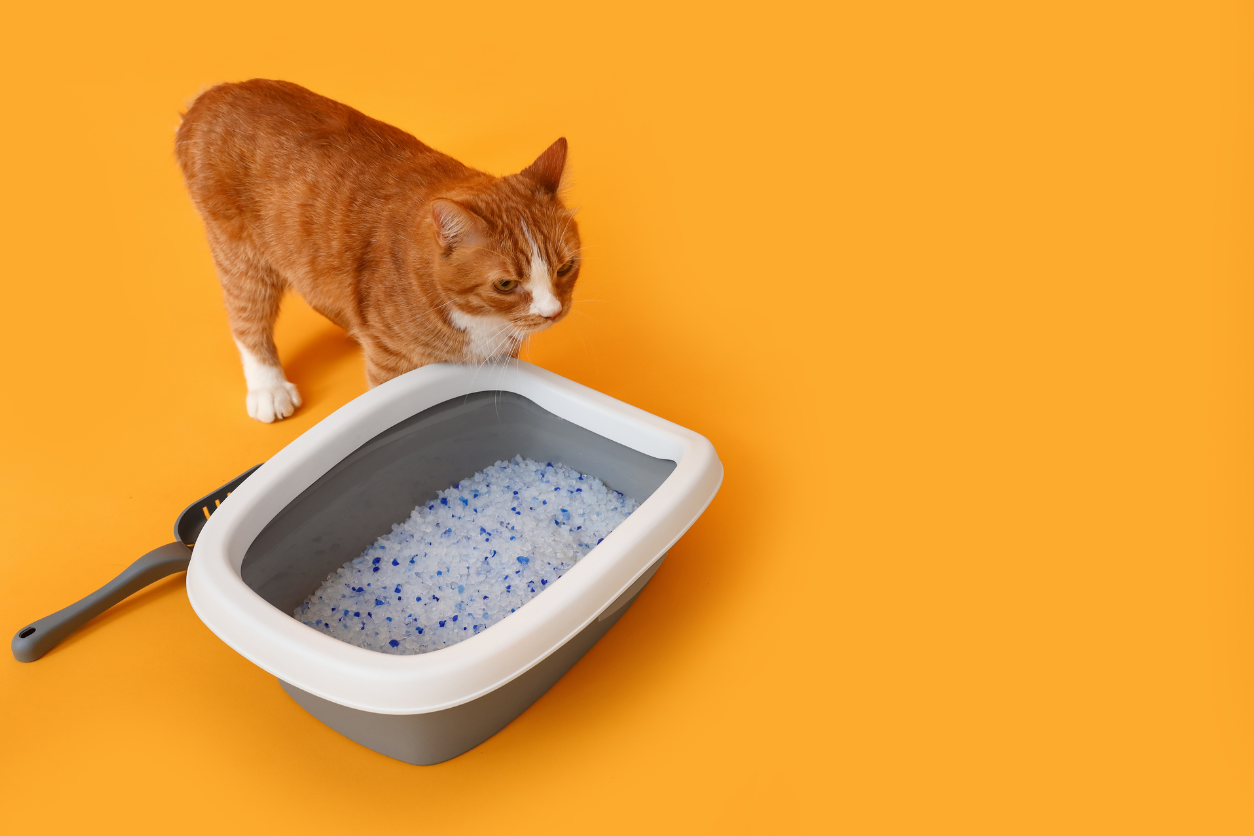Cat Peeing Outside Litter Box? Why They Do It and How To Stop It

One of the most frustrating behaviors cat owners have to endure is when their beloved feline starts peeing outside the litter box. Nobody wants to clean up avoidable messes all the time. However, it’s important to understand why your cat is exhibiting such behavior as it can indicate an underlying issue that needs immediate attention.
Below I’ve explored the reasons why your cat may have started urinating outside the litter box. I’ve also explored effective strategies that you can implement to stop this behavior. Understanding the potential causes, such as medical conditions, litter box preferences, stress, and territory marking, will help you address the issue and restore proper litter box habits for your cat.
Medical Issues
The first step in addressing inappropriate urination is ruling out any underlying medical conditions. Urinary tract infections, bladder stones, and kidney diseases can cause discomfort and lead to urination outside the litter box. Consult a veterinarian to rule out health concerns and seek appropriate treatment if necessary, like certain medications or supplements that provide kidney support for cats.
Litter Box Preferences
Cats can be picky about their litter box. Ensure you have enough litter boxes in your home, at least one for each cat, and provide different types of cat litter to determine your cat’s preference. Experiment with litter depth and cleanliness, as some cats prefer deep litter while others prefer a shallow layer. Regularly clean the litter box to maintain a hygienic environment that is appealing to your cat.
Stress and Anxiety
Cats are sensitive creatures, and stress or anxiety can lead to changes in litter box behavior. Major life changes, such as moving to a new home or adding a new pet or family member, can trigger stress in cats. Create a calm and secure environment for your cat by providing hiding spots, vertical spaces, and interactive toys to alleviate stress. Feliway diffusers, which release calming pheromones, can also help reduce anxiety.
Litter Box Placement
The location of the litter box is crucial for a cat’s comfort. Place the litter box in a quiet, easily accessible area where your cat feels safe. Avoid placing it near noisy appliances, in high-traffic areas, or close to food and water bowls. Cats prefer privacy when using the litter box, so avoid placing it in an area with constant disturbances.
Cleaning and Eliminating Odors
Cats have a highly developed sense of smell, so if the litter box is not properly cleaned, they may seek alternative spots to urinate. Scoop the litter box daily and change the litter regularly. It may also be worth trying unscented litter as some cats dislike strong fragrances. Additionally, thoroughly clean any previously soiled areas to eliminate lingering odors, as cats may continue to use those spots.
Behavior Modification and Training
If your cat continues to urinate outside the litter box, behavior modification techniques may be necessary. Catch your cat in the act of urinating outside the box and redirect them to the litter box immediately. Positive reinforcement, such as treats and praise, can be used to reward desired behavior. Avoid punishment or scolding, which may increase stress and exacerbate the issue.
Veterinary Assistance and Consultation
If the problem persists despite your efforts, seek assistance from a veterinarian or a certified cat behaviorist. They can provide a comprehensive evaluation of your feline’s behavior and suggest further strategies or potential medical interventions to address the problem effectively.
Final Thoughts
Understanding why cats pee outside the litter box is the key to resolving this frustrating behavior. By considering factors such as medical conditions, litter box preferences, stress, and territory marking, you can address the issue and restore proper litter box habits. Remember to provide a clean and comfortable litter box environment, address potential stressors, and seek professional assistance when needed. With patience, understanding, and appropriate interventions, you can help your cat regain proper litter box habits and maintain a harmonious home environment.
Your Pet’s Best Interest, Always
At Pet Institute, we take pet care seriously. We're dedicated to transparency, impartiality, and the well-being of your pets in every article, review, and recommendation we provide. Our unwavering commitment to these principles ensures that you, our valued reader, always receive reliable and unbiased information. Let us be your trusted guide in the world of pet care and companionship.